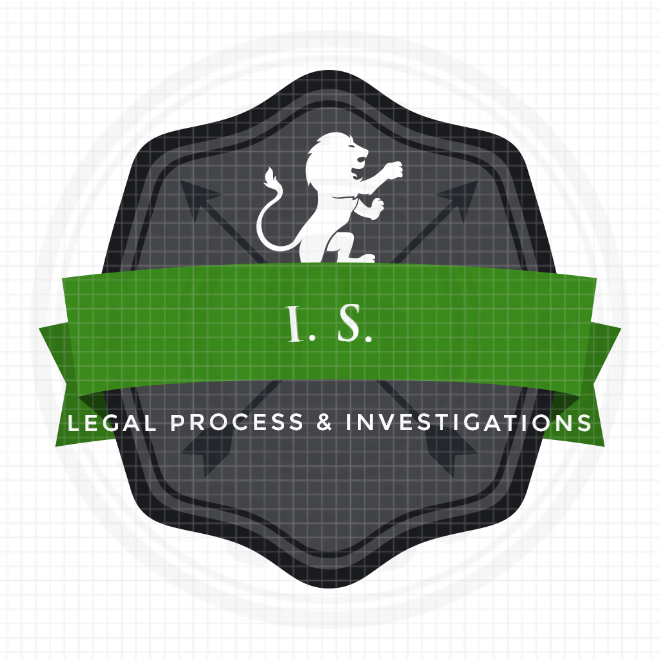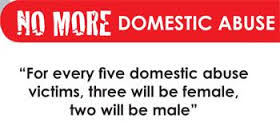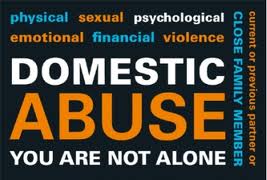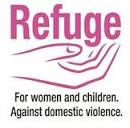Domestic Violence
If you require evidence - either to support a restraining order, show to the police or authorities as proof, or even to a third party who doesn't believe you that the abuse is going on, I can help you get it. I can also show you how to protect yourself through a civil court injunction, if necessary.
If you are being abused, or if you suspect that somebody you care about is being abused, then you should take this matter very seriously indeed. It does not matter whether the victim is female, male, gay or straight.
It doesn't even matter if the abuse is not physical.
- Psychological Abuse is just as
unacceptable and illegal as Physical Abuse (The Protection From Harassment Act,
1997).
It is not only women who suffer at the hands of their partners:
- For every 5 victims of domestic abuse victims, 3 will be female, 2 will be male;
- 72,000 men are victims of sexual offences every year (Survivors UK).
Though women do figure more prominently in the figures of domestic violence and abuse:
- On average, 2 women a week are killed because of domestic violence in the home;
- Last year, 2013, saw 88 women killed by their abusive partners in the UK;
- In 2013, more than a million women experienced domestic violence in the UK;
- More than a third of women murdered around the world are killed by their partner;
- Women are six times more likely than men to be murdered by a partner;
- 40% of murdered women are victims of their partners in domestic killings;
- In 75% - 90% of domestic violence incidents, children are in the same or next room!
- Domestic Violence is against the law;
- Men are also subjected to Domestic Violence and Abuse;
- It doesn't matter if you are gay or straight, Domestic Violence is a serious crime!
As for confidentiality, not only have I signed the Data Protection Register (you can find the details of everybody who has signed it online), I also have an enhanced CRB check due to my past and current work with vulnerable people, and strictly adhere to the confidentiality agreement used by the specialist agencies who work with vulnerable people. If you want to talk privately, or you want advice, get in touch. There are also some agencies listed on this page (and more in the 'Links' section of this website) who can also help you in complete confidence.
I have worked with services supporting victims of crime for a number of years and have never been a police officer. I am also in contact with specialist agencies who can help you.
If you want me to investigate, either for yourself of somebody else, get in touch. I do ask though that you also respect our confidentiality agreement and that you do not divulge information we discuss with anybody else. I have known cases where private information has been disclosed by the client to a friend who has then disclosed it to the abusive partner!
If you would feel more comfortable speaking to a female investigator (obvioiusly with the same level of anonymity), then this can be arranged.








